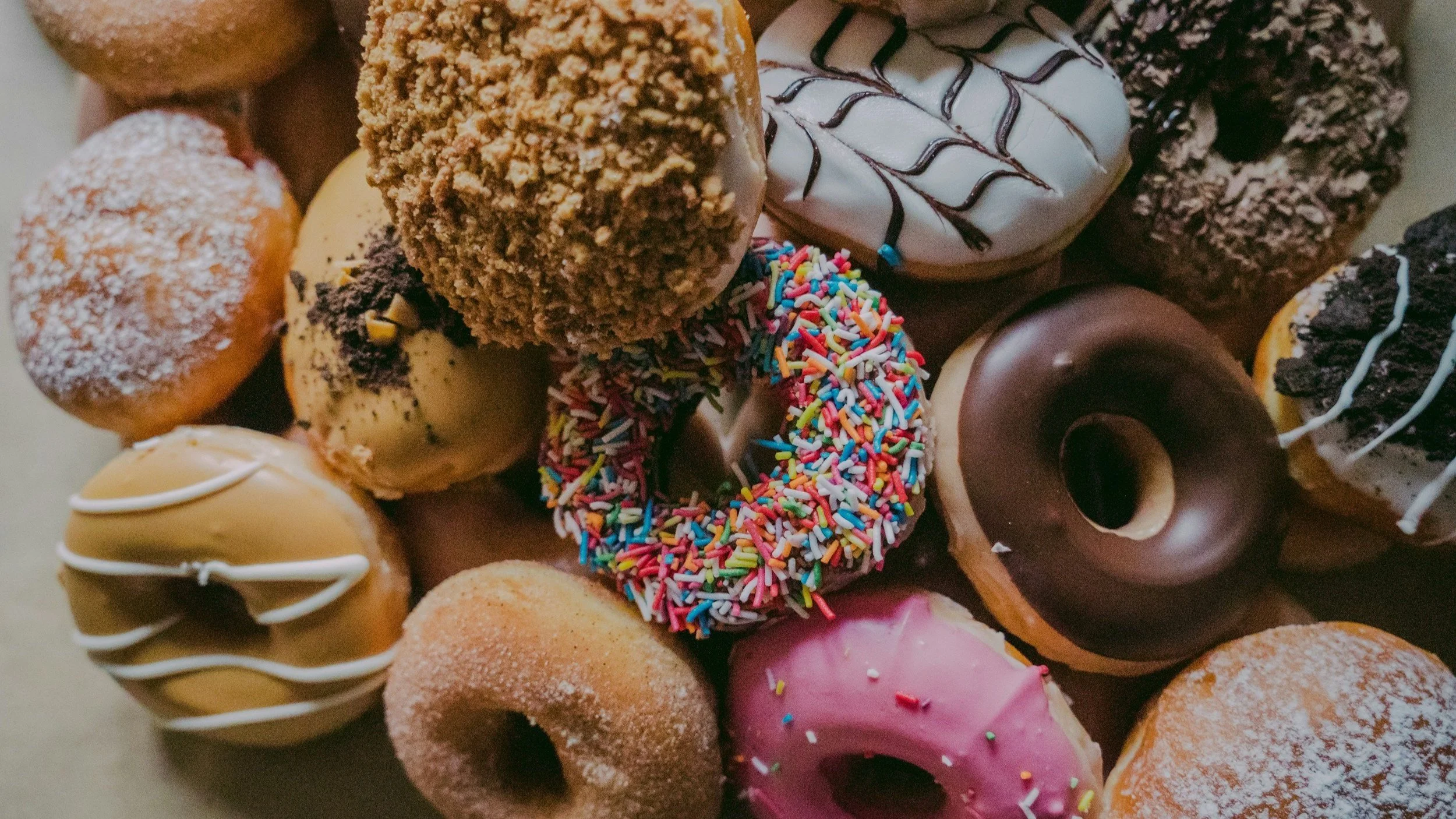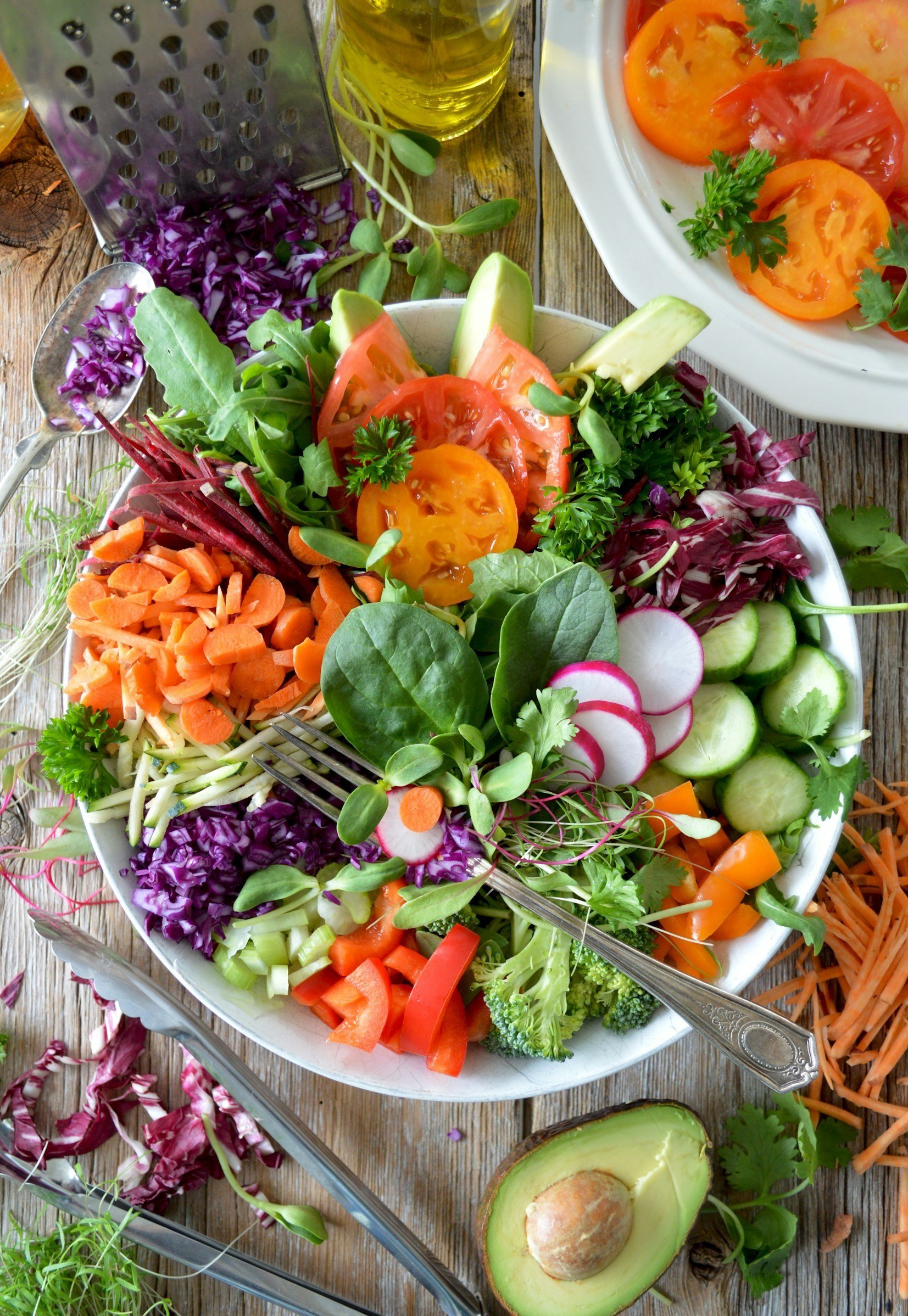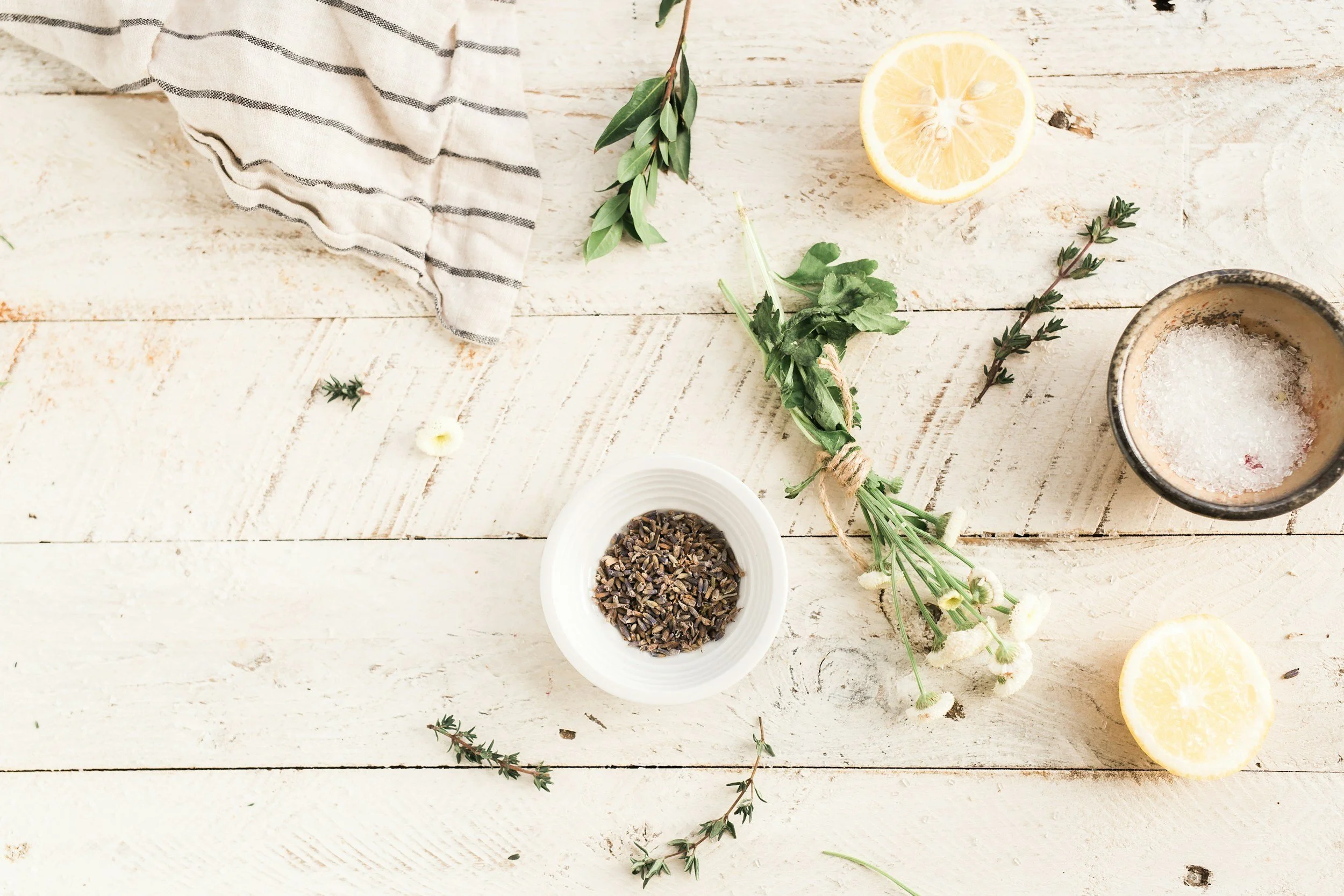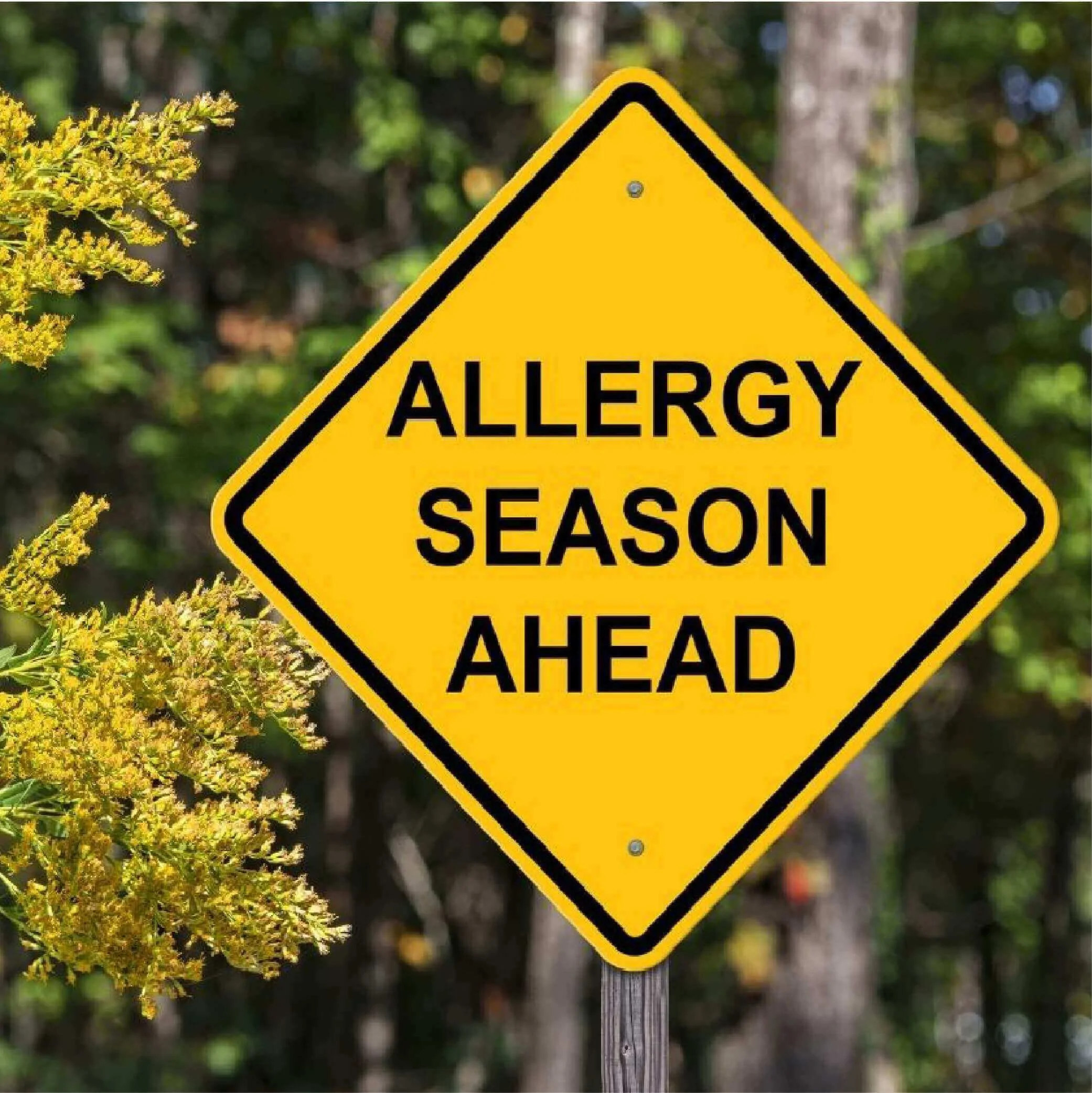Why Quit Sugar?
Some Thoughts about Quitting Sugar
As a natural health practitioner, I regularly help people to improve their well-being by making dietary changes. One significant change that guarantees substantial health benefits is reducing or eliminating added sugar.
Not All Sugars Are Equal
When we talk about sugar we could be referring to a whole “food group” which is essential to our health : Carbohydrates. Carbohydrates range on a scale from simple, refined sugars, such as confectioners’ sugar or sherbet, to complex fibrous carbohydrates such as that found in vegetables. Naturally occurring sugars, found in whole foods like fruits, vegetables, and dairy, come with essential nutrients such as fibre, fats, vitamins, and minerals that support overall health. The fibre in vegetables, for example, helps slow the absorption of sugar into the bloodstream, preventing the rapid spikes and crashes associated with refined sugars. On the other hand, added sugars—often found in processed foods, sweets, and sugary drinks—provide empty calories with little to no nutritional benefit, contributing to health issues like obesity, insulin resistance, increased risk of type 2 diabetes, tooth decay and cavities.
For the purpose of these musings, I am referring to sugar in it’s more simple forms.
Why Quit Sugar?
While sugar provides a quick energy boost, it often leads to subsequent energy crashes. Added sugars can play havoc with your gut microbiome and cause digestive problems.
There are many studies that demonstrate that sugar intake can be correlated with cancer risk and growth. And who wants to purposely feed cancer cells?
Reducing added sugars can:
Improve blood sugar regulation
Maintain stable blood glucose levels
Improve metabolic health
Improve oral health
Increase energy levels
Reduce fatigue
Improved skin health
Reduce acne
Reduce premature skin ageing
Embarking on a sugar-free journey can be challenging. Here are some strategies to ease the transition:
Hidden sugars
Sugar is often hidden in processed foods under various names, making it essential to read labels carefully. Common aliases include high-fructose corn syrup, dextrose, and maltose. Being aware of these can help you make informed choices.
Gradual reduction vs cold turkey
You might choose to eliminate sugar abruptly or you might gradually reduce. We all respond differently to goals, so decide what works best for you and stick with it. A gradual reduction can help your taste buds to slowly adjust. I personally prefer a cold turkey approach – dive head-first into the cold water and tough it out!! 😊
Withdrawal
Initially, you may experience symptoms like headaches, irritability, or fatigue as your body adjusts to lower sugar levels. Recognising that these are temporary can help you stay committed.
Have a savoury breakfast
Start the day the way you mean to go on – without sweet food.
Include protein and healthy fats
Dress your carbs! This concept, made popular by the Glucose Goddess, refers to making sure that you have foods that are rich in protein or healthy fats alongside your daily carbohydrates. For example, if you have an apple, then try putting almond butter on the apple slices; if you have some toast, put some avocado or a boiled egg on it; add chickpeas or lentils to a homemade veg soup.
Keep hydrated
Often thirst can be mistaken for hunger. If you’re craving a snack between meals, try having a glass of water or, better still, a cup of unsweetened herbal tea - peppermint, chamomile, liquorice, or ginger are good options.
Natural support
Cinnamon is beneficial as an anti-inflammatory, it can increase insulin sensitivity and glucose transport, can reduce blood sugar spikes, and can help to manage blood glucose levels.
Apple Cider Vinegar can help to regulate blood sugar levels. Try having around 5-10ml in a little water before each meal.
Chromium is an important mineral that plays a part in balancing blood sugar levels.
Get a cheerleader
Embarking on a sugar reduction journey with friends, family, or support groups can provide motivation and accountability. Sharing experiences and challenges can make the process more manageable. Tell everyone and see if you can entice more people to join you on your healthy endeavour.
Find alternatives
But not just edible alternatives! Sometimes when we crave a food, we might actually be craving emotional support. Notice this if it comes up for you and see if you can do something to distract yourself or to make yourself feel better, such as having a nice bath, read a good book, go for a walk, call a friend, ask for a hug, or partake in your favourite artistic activity.
Artificial sweeteners
These are chemical compounds that provide a sweet taste without the calories of sugar, and so lead to increased cravings for sweet foods. While they may seem like a good alternative, they have various negative impacts on appetite, weight management, blood glucose levels, and can disrupt gut health. Best to avoid.
I hope that some of these tips will help you to successfully reduce your sugar intake and embrace a healthier lifestyle.
*Note: Always consult with a healthcare professional before making significant changes to your diet, especially if you have underlying health conditions.*
Jeni Howland practices Kinesiology, Reiki and Aroma Touch (a gentle massage technique) at the Apothecary, in Ledbury and at The Cheltenham Holistic Health Centre. Jeni also teaches Kinesiology Foundation courses – the next one will commence in September in Herefordshire. contact Jeni directly for more information: Jeni@jenihowland.com







